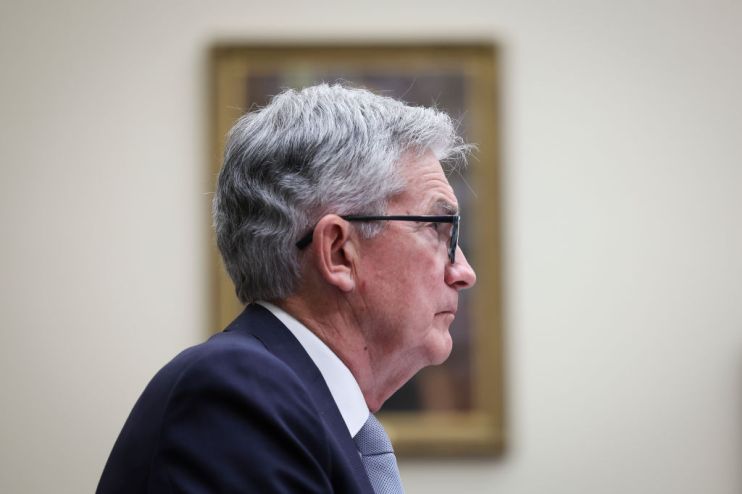US inflation surge ‘nails on’ another Fed rate hike bazooka

Prices are rising at the fastest pace in nearly 41 years in America, nailing on another huge rate rise by the US Federal Reserve larter this month.
US inflation climbed to 9.1 per cent last month, smashing Wall Street’s expectations and up from an already historic level of 8.6 per cent, according to data published today by the US Bureau of Labor Statistics.
Surging living costs have prompted Fed chair Jerome Powell and the rest of the federal open market committee (FOMC) to accelerate their rate rise cycle to crush inflation.
Last month, the Fed lifted borrowing costs 75 basis points, something it has not done since 1994, and experts think today’s big overshoot has sealed the deal for further huge hike at their next meeting on 27 July.
Michael Pearce, senior US economist at Capital Economics, said firming price pressure “nails on another 75 basis hike at the July meeting”.
Inflation across the developed world has surged to levels not seen for a generation, driven by soaring energy costs caused by Russia’s invasion of Ukraine and lingering Covid-19 supply and demand mismatches.
That has steered central banks to turn off ultra-stimulative policy to curb price rises.
Elevated petrol and food prices bumped inflation higher in the US last month.
In the UK, the cost of living is up 9.1 per cent, the quickest acceleration since 1982, while in the eurozone, inflation has hit 8.6 per cent, a rate not registered since the creation of the euro in 1999.
The City suspects the Bank of England will raise rates 50 basis points at its next meeting on 4 august. That would be the sharpest move since it was made independent in the late 1990s.
Experts are worried central banks may tip their respective economies into recession by lifting borrowing costs quickly.
The Bank of Canada today signed off a monster 100 basis point rate rise in a bid to crush inflation.
Higher interest rates cool inflation by making it more attractive to save and more expensive to borrow money, sucking demand out of an economy.
The US economy contracted 1.6 per cent in the first three months of the year.
Pearce said emerging signs of weakness in the US economy could prompt Powell and co may to slow tightening.
“We’ve seen clearer signs of an economic slowdown, both of which will contribute to weaker price pressures ahead,” he said.